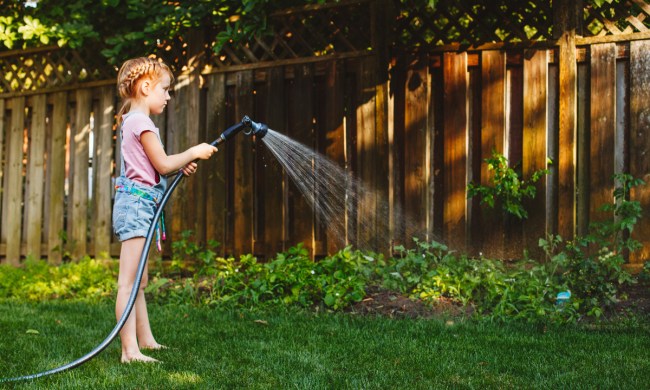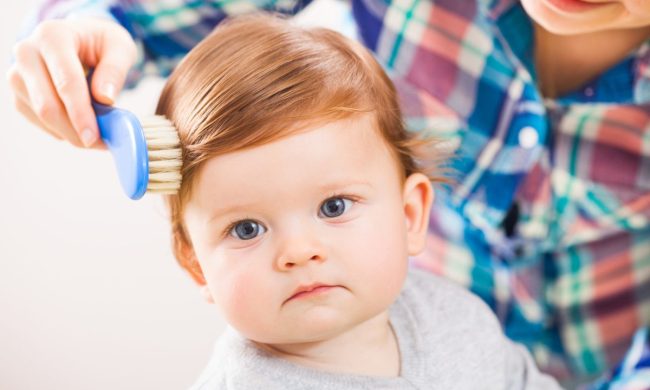You’ve spent a big chunk of high school guiding your teen through the college application process. Now, senior year has arrived. The applications have been submitted. You have muddled your way through the horrifying FASA experience, and the time is finally here. National Decision Day is May 1. It’s the date most colleges set aside on the calendar for admitted students to accept by. College application decisions typically start coming in after the new year. So, by spring, your teen will most likely be gearing up to make the final decision on where to attend college.
If it seems like your teen is putting it off, it’s probably true. Deciding where you’re going to spend the next four years of your life is huge. Sure, the prospect of going to college is super exciting, but it’s also terrifying. Teens are leaving the comfort zone of family, friends, and their home for something unknown. How to choose a university or college that’s the right fit is a tall order. Here are some tips on how to help your teen decide on the ideal choice from the acceptances.
Choosing the right college

Filling out the application for a college or university and actually deciding to go there if accepted are two very different things. Some teens may have had a college in mind for ages. Remember how Rory always wanted to go to Harvard? Well, she ended up at Yale. OK, Rory is a television character, but in real life, the same thing happens quite a bit. When teens are faced with multiple options of colleges they’ve been accepted or waitlisted at, it can be difficult to make up their minds. These tips can help your teen make that tough choice.
Be patient
It may sound simple, but the number one thing to do when your teen is making that final decision is to pack your patience. One week it may be Rutgers and the next it’s NYU.
Create a pro/con list
Teens may roll their eyes, but one of the best ways to help make a big decision is to write a pro/con list on paper. There’s something about seeing it spelled out in front of you that helps with the decision-making process. Have your teen write one for each accepted college. If a waitlist was a top choice, then do one for that as well.
Take a hard look at finances
Sometimes, the bottom line when deciding on a college comes down to money. Saying college is expensive is an understatement. For most students, there will be loans involved. So, once the college packages arrive and you know the financial aid amount, if any, along with the college fund, are added up, take a look at the cost of attending.
Consider if they will need to work while going to school to help with the costs. Then, there is how much they will need to borrow. The question teens have to ask themselves is, do they want to procure a large amount of student debt in order to attend a specific college.
Programs
For teens already knowing what they want to major in, factoring in whether or not a particular accepted college has this major is important. If they are undecided, it’s helpful to take a look at what courses are offered for students who aren’t sure what they want to major in.
For teens who are completely in the dark about what they want, community college may be the right option right out of high school, especially when you look at the high cost of a four-year university.
Attend admitted student days
College visits are a major part of seeing whether or not a university is a good fit for your teen. While virtual visits are helpful in narrowing down choices during the application process, in-person visits must be made when it comes down to deciding on attending. Most colleges offer admitted student days in the weeks leading up to National Decision Day.
Make it a point to attend the Admitted Student Days for the colleges and universities your teen has been accepted to. This is a great way to get a close-up look at a college that isn’t part of a general tour. Your student can come away from an admitted student day loving it or realizing this isn’t the place.
Don’t make decisions based on friendships or relationships
While it may be attractive to think about attending the same school as a significant other or a best friend, as parents, we know this isn’t the best way to decide on where to go to college. When teens choose to go to college because a boyfriend, girlfriend, or bestie is, the end result often ends in disaster. Instead, encourage teens to make the choice that is best for them personally, educationally, and financially.
It’s not written in stone
Sure, a lot of time and effort go into choosing the right college, but sometimes kids move in, and it’s not a good fit. It happens, and while it may feel like it, it’s not the end of the world. If your freshman is truly miserable once the semester gets rolling, transferring is always an option.
Senior year is exciting and scary for teens. Deciding on that next chapter after high school takes a lot of thought and planning. Decision Day is May 1 for most schools and there’s a lot that goes into picking from those college acceptances. Your teen needs you now more than ever. With these tips on how to choose a university or college, you can help your teen make that thrilling choice. Then, you can start shopping for the dorm room.




